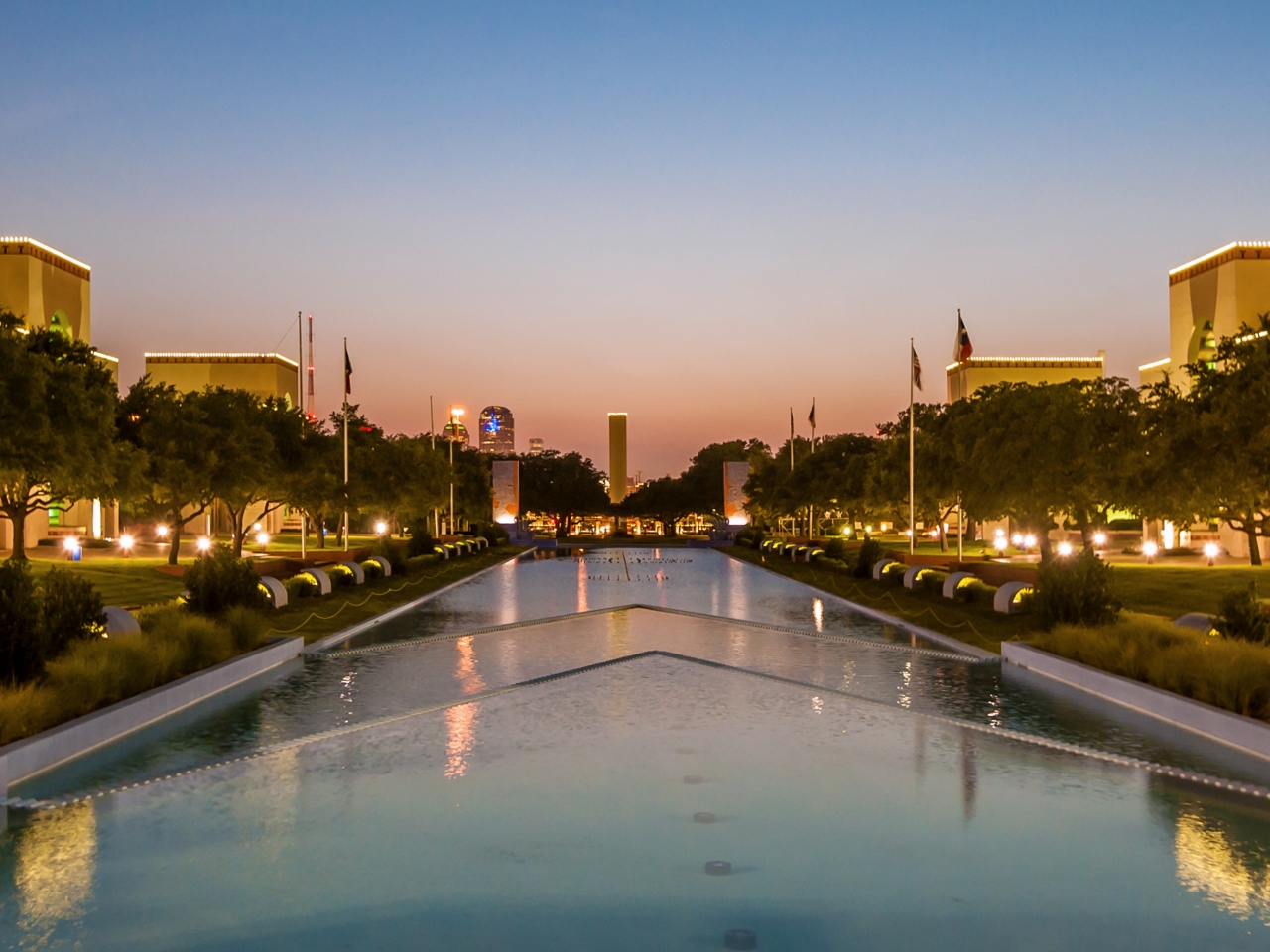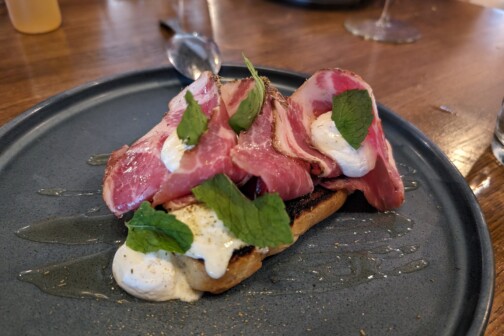Moses Gates. Fillips Gatis. Matilda Warren.
William Middleton. Josephine Gatis. Emily Allen.
These are the names of my maternal family members, who were enslaved in Texas, then freed on June 19, 1865. Last summer, I discovered their names on an ancestral records service and sat in disbelief. I felt similar when I obtained a copy of my mother’s birth certificate. It said “Colored” in the racial demographic box.
Compare that to mine, which says “African American” in lieu of colored. My parents are the descendants of sharecroppers who toiled for countless hours because of the inability to obtain employment outside of the field they once were shackled to.
I have no memories of enslavement, but as a child, my paternal great-grandmother whispered stories of her mother into my ears. At a young age, I lacked the mental thought processes to comprehend the familial folklore she uttered into my ear. Now, I understand her reasoning. She wanted to pass on the only thing of value: stories.
For generations, the origins of Juneteenth were passed down. When Southern Black people migrated out of the region, due to overt racial violence, they carried these stories with them. This resulted in the formation of Juneteenth celebrations in “Chocolate Cities,” as professors Marcus Anthony Hunter and Zandria F. Robinson categorize in their University of California Press text about predominantly Black cities.
Historian Annette-Gordon Reed describes the Southern Black people who left Texas as members of the Texas Diaspora. I heard the term for the first time earlier this week, when the Dallas Museum of Art hosted the author for a virtual discussion.
The Pulitzer Prize winner posed an excellent question to attendees. What if Texas history started with Estevanico, also known as Esteban de Dorantes, the first man of African descent in North America? In the 1500s, he served as a translator in then-Spanish territory, which is now Texas.
Estevanico’s presence predates 1619. Meaning Black Texans—Afro-Texans (the actual historic term)—existed in the state before the first generation of European settlers. As Dr. Gordon-Reed continued her talk, I felt equal parts of pride and deep seated sadness for the untold Black Texan stories that I never learned in Texas history.
Now, I’m fearful about the stories that will never be told because of the recent state legislation that bans “critical race theory” in schools. When asked about the bill, Dr. Gordon-Reed said, “You can’t educate people if you can’t tell the truth.”
The truth is Black people have existed in Texas before it was granted statehood. And we’re still here now. Juneteenth is as much a Black holiday as it is a Texas one.
As we embark on the first weekend as Juneteenth as a federal holiday, I highly encourage you to evaluate what you’re doing to ensure the stories of Estevanico, Black Texans, and Black communities in the state are being passed on. Juneteenth is not an off day. It’s a day of action.
I remember those ancestors who came before them, those who made Texas great.
Author







